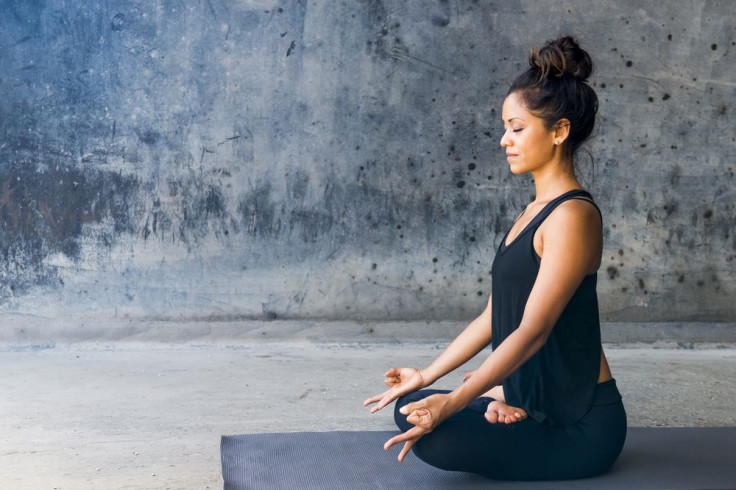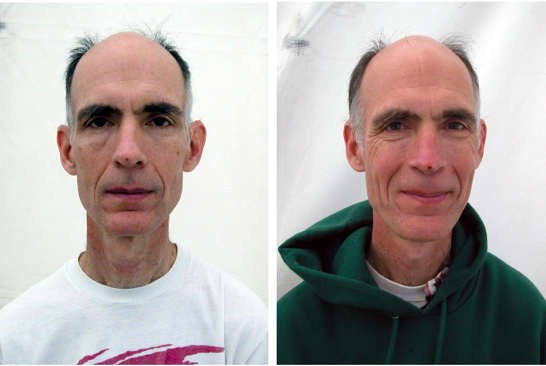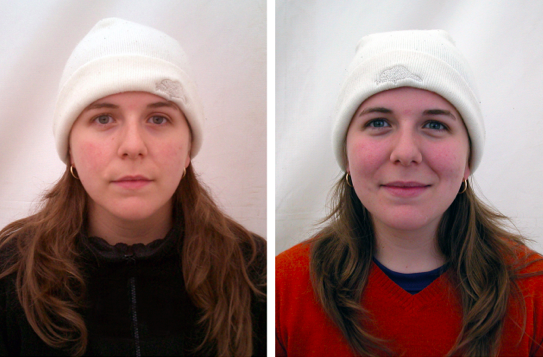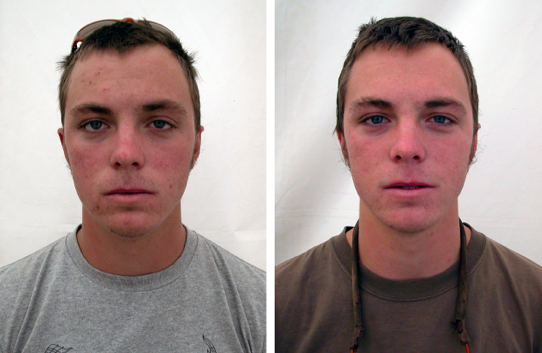The Benefits Of Meditation: From Stress Relief To Pain Relief, And Everything In Between

Meditation is both centuries old and hipster young. While the term is used to refer to many different types of similar techniques, the word itself is derived from the Latin, meditari, which means to concentrate. This, then, is the core intention of any technique, no matter its cultural or traditional root and regardless of those attempting to achieve other goals.
“It’s a basic human practice — a human practice not owned by any organization or tradition, a practice that people can engage in no matter what their background,” Timothy Quigley, executive director of the Shambhala Meditation Center of New York, told Medical Daily.
To meditate, in the broadest sense, is to cultivate mental concentration and clarity, and for most people this results in a greater calm. In practice, most techniques involve some form of relaxed posture and concentration on either the breath, the body, or specific words, a concept, or prayer. Like exercise, practitioners often meditate daily or at least routinely.
“People are looking to find more sanity in their lives,” Quigley said, his baritone voice both soothing and sincere. “We all experience varying degrees of stress or speed in this environment which can lead to a feeling of discontent.” Meditation, he explained, allows you to meet your “natural inherent sanity.”
Though he speaks only of Transcendental Meditation — a simple technique practiced for 20 minutes, twice each day — David Lynch’s stirring explanation in the YouTube video below offers a view of what meditation can mean.
Beyond Sanity
Beyond finding sanity and experiencing a broader consciousness, many people turn to meditation to meet some highly specific health goals. I want to reduce my blood pressure, say some, I want to quit drinking.
“That’s an interesting paradox,” Quigley said, explaining that in the lineage of meditation taught at Shambhala, they work on a synchronization of body and mind and do not target specific achievements. “The benefits of meditation come through not constantly obsessing about yourself, your health. Having health as a goal might become an obstacle to that desired result.” Any benefit would come, more naturally, he explained from constantly letting go into the moment.
“When you think of it on a practical level, people are more likely to injure themselves when body and mind are unsynchronized,” Quigley added.
Some evidence of the more general benefits of which Quigley speaks may be found in the photos below, all taken by Peter Seidler before and after a month-long meditation retreat. Seidler is an artist and student of Buddhism for more than 20 years and a change agent who currently organizes and coaches global creative teams and coaches individual clients to help them become stronger, more alive human beings.

Others who practice meditation, including Frank Spera of Summit Behavioral Health, are inclined to use the practice purposefully. Spera works as a psychotherapist, and he is also a licensed Drug and Alcohol Counselor. Not only does he use meditation in his practice but he has used various techniques to deal with “some physical issues with my back,” he told Medical Daily. “They’ve served me well over 20 years.”
“The mind is a really expansive toy that we can play with but no one really seems to want to do that,” he said. “You look at what these Tibetan monks can do,” he added, his gravelly voice unexpectedly sounding a note of gee whiz! fascination. (By some accounts, monks have raised or lowered their body temperature, changed their heart rhythms, and even produced brain gamma waves previously unreported in neuroscience.)
With his many clients, Spera uses both meditation techniques and hypnosis to promote relaxation or to help them past a traumatic event... to work through their grief or to manage their aches and pains. Often, he uses it to help his patients with stress. Spera explained that he does not see meditation as some "magic pill," but by doing meditation over a period of time, people begin to understand their unique somatic sensations of stress — tightening in the neck muscles, say — and also begin to feel these sensations a lot more quickly. Feeling stress come on, a patient can do what it takes, shift gears, to avoid it.

Spera is not alone in his recommendation of meditation to alleviate stress and pain. Many a study, including this home-based meditation report, finds quantifiable reductions in stress as a result of a practice. Another study, though by no means extensive, addressed the effect of meditation on anxiety. Participants were offered an intensive group stress reduction and meditation intervention; completing the program, they showed improvements in their levels of anxiety and depression. Additionally, the participants had fewer panic attacks and lower scores on a fear survey. Following up after three years, the researchers found the majority of participants had continued to meditate and also continue to show beneficial effects as a result.
Healing Pain... and Dementia?
Pain is also high on the list of reasons many people may turn to meditation. This study looked at older patients suffering from postherpetic neuralgia, a complication of shingles. Usually, shingles clear up within a few weeks but sometimes the burning pain, called postherpetic neuralgia, lasts long after the rash and blisters have disappeared. Researchers divided patients into two groups, one that received the usual care and a second group that practiced meditation in addition to receiving the usual care. The pain scores of patients who practiced meditation improved, while the comparison group of patients who only received treatment reported worsening pain.
Meditation also has helped some people with their addiction issues. Two weeks of meditation training — a mere five hours total — for smokers in one study produced a 60 percent reduction in smoking while those in a group practicing only relaxation showed no reduction. “I use it also to help people find out what is the problem behind their using drugs or alcohol,” Spera said.
More radically, a November 2012 study finds practicing Transcendental Meditation, specifically, can lower blood pressure as well as the risk of heart attack and stroke. Promoted by the American Heart Association, the study found patients with established coronary heart disease who practiced TM reported a 48% reduction in death, heart attack, and stroke when compared to similar patients who did not meditate.

Possibly most interesting of all, researchers believe meditation even might diminish the risk of Alzheimer’s Disease by strengthening communication between different parts of the brain. One report showed how meditation had a positive impact on the regions of the brain most related to cognitive impairment and Alzheimer’s in patients with mild cognitive impairment — a transitional state between normal aging and dementia. In fact, meditating participants showed increased functional connectivity and less hippocampal volume atrophy when compared to their non-practicing peers. Similarly, another study found reduced age-related atrophy in meditators compared to healthy controls.
Data Aside
Though scientific evidence is the only proof for some, other people prefer more simple measures of meditation's benefits.

"When you are actually in the presence of someone who is truly healthy, it has a very radiant quality and you can’t manufacture that through artificial means or some kind of supplement," said Quigley. Having accepted the Buddha's four noble truths — the truth of suffering; the truth of the cause of suffering; the truth of the end of suffering; and the truth of the path that leads to the end of suffering — Quigley also accepts our human connection to the cycle of life.
"No matter how much you try to manage your health, everyone will get sick, age, and die," he said. "The more you try to stave off these inevitables, the more you experience suffering." Acceptance of the inevitable is not a way to make yourself depressed, Quigley said, but a way of "provoking your appreciation and connection and feeling of immediacy with your life."
Published by Medicaldaily.com



























